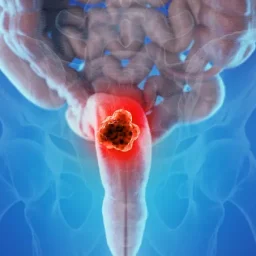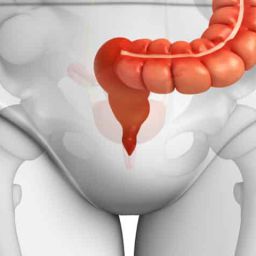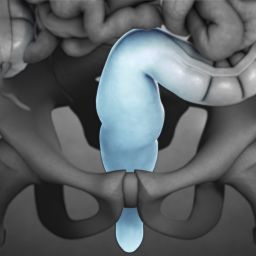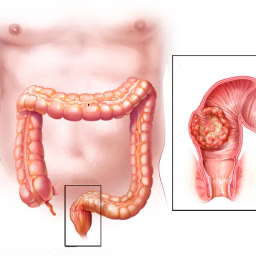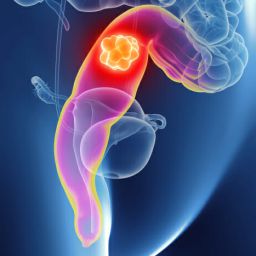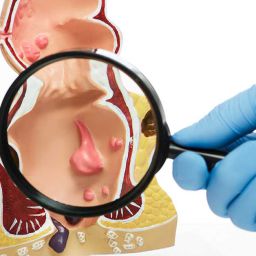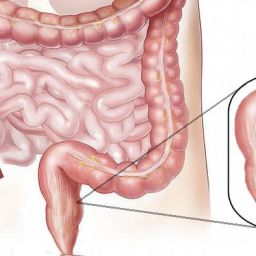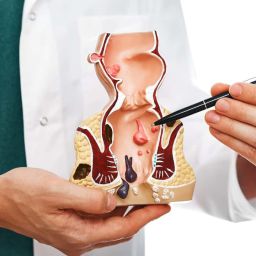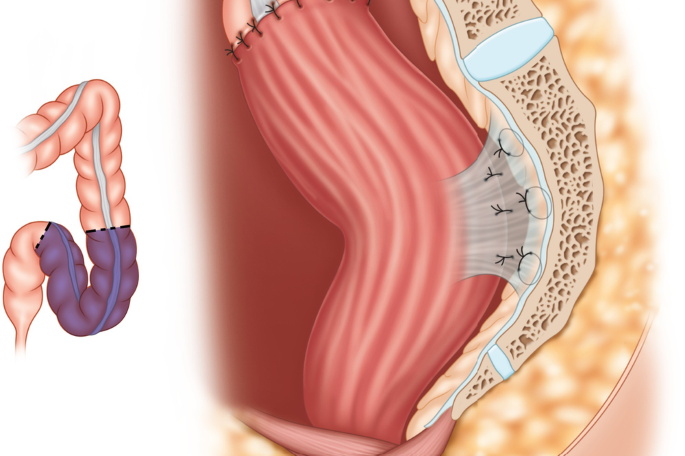
2. The Role of Fiber in Rectal Health
2.1 What is Fiber?
Fiber is a type of carbohydrate that the body cannot digest. It plays an essential role in digestion and bowel health by adding bulk to stool and making it easier to pass. There are two types of dietary fiber:
- Soluble Fiber: Absorbs water and forms a gel-like substance, helping to soften stool.
- Insoluble Fiber: Adds bulk to stool and helps food pass through the digestive system more quickly.
2.2 How Fiber Helps with Rectal Disorders
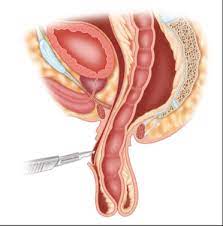
- Preventing Constipation: Fiber helps prevent constipation by softening the stool and promoting regular bowel movements. This is especially important for patients with hemorrhoids or anal fissures, as straining during bowel movements can worsen these conditions.
- Reducing Pressure on the Rectum: Increased fiber intake helps to alleviate pressure on the rectum by preventing hard, dry stools and reducing the need for straining.
- Promoting Healthy Bowel Movements: For conditions like rectal prolapse or IBS, a fiber-rich diet can help regulate bowel movements and reduce the risk of flare-ups.
2.3 Recommended Fiber-Rich Foods
- Whole grains (brown rice, oats, quinoa)
- Fruits (apples, pears, bananas, berries)
- Vegetables (broccoli, spinach, carrots, kale)
- Legumes (lentils, chickpeas, beans)
- Nuts and seeds (almonds, flaxseeds, chia seeds)
2.4 How Much Fiber is Enough? The recommended daily intake of fiber varies by age and gender, but generally, adults should aim for 25-30 grams of fiber per day. Increasing fiber intake gradually is important to avoid bloating or gas.
3. Hydration and Its Impact on Rectal Health
3.1 The Importance of Water for Rectal Health
Proper hydration is essential for maintaining soft and smooth stool, preventing constipation, and avoiding strain during bowel movements. Water helps to moisten fiber, aiding its passage through the intestines and making stools softer and easier to pass.
3.2 How Much Water Should You Drink?
While the amount of water needed varies by individual, a general guideline is to drink at least 8 cups (64 ounces) of water per day. People who consume higher amounts of fiber may need to increase their water intake to help manage the added bulk in the stool.
3.3 Hydrating Foods to Support Rectal Health
- Cucumbers, tomatoes, and watermelon are all foods with high water content.
- Soups and broths are excellent options to increase fluid intake.
4. Recommended Foods for Managing Rectal Disorders
4.1 Anti-Inflammatory Foods for Colorectal Health
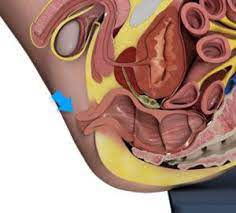
In conditions like inflammatory bowel disease (IBD), rectal inflammation can cause pain and discomfort. Certain foods can help reduce inflammation and promote healing in the digestive tract.
- Omega-3 Fatty Acids: Found in fatty fish (salmon, mackerel), flaxseeds, chia seeds, and walnuts. Omega-3s have anti-inflammatory properties that may help manage conditions like IBD.
- Turmeric and Ginger: Both have natural anti-inflammatory properties that can soothe the digestive tract and reduce swelling in the rectal area.
- Leafy Greens: High in antioxidants, which can help combat inflammation.
4.2 Probiotic-Rich Foods
Probiotics are beneficial bacteria that can promote gut health and reduce symptoms of rectal disorders like IBS. Probiotic-rich foods include:
- Yogurt (with live cultures)
- Kefir
- Sauerkraut
- Kimchi
- Miso
These foods help balance the gut microbiome, improve digestion, and alleviate symptoms like bloating and discomfort.
4.3 Foods Rich in Antioxidants
Antioxidants, which are abundant in fruits and vegetables, help to repair tissues and fight off harmful free radicals in the body. This can aid in healing tissues damaged by conditions like anal fissures or rectal surgery.
Recommended antioxidant-rich foods include:
- Berries (blueberries, strawberries, raspberries)
- Citrus fruits (oranges, lemons)
- Dark leafy greens (spinach, kale)
- Tomatoes
5. Foods to Avoid for Rectal Health
While certain foods can promote rectal health, others can exacerbate symptoms or contribute to the development of rectal disorders.
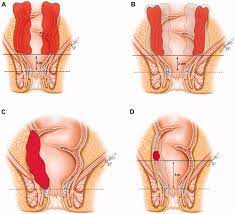
5.1 Processed Foods and Refined Carbohydrates
Foods high in sugar and refined flour can lead to inflammation, constipation, and exacerbate conditions like hemorrhoids and IBD. Avoid:
- White bread, pastries, and cakes
- Sugary snacks and sodas
- Processed meats
5.2 Spicy Foods
For individuals with sensitive digestive systems or conditions like IBS, spicy foods may trigger symptoms like abdominal pain, cramping, or diarrhea. It’s advisable to avoid foods with excessive spice, especially during flare-ups.
5.3 Caffeine and Alcohol
Both caffeine and alcohol can irritate the digestive system, leading to dehydration, constipation, or diarrhea. It is best to limit or avoid these beverages if you have rectal disorders.
6. Additional Dietary Tips for Rectal Health
6.1 Meal Timing and Portion Control
Eating large meals can put pressure on the digestive system, especially in individuals with rectal conditions. It’s advisable to eat smaller, more frequent meals throughout the day. This can prevent overeating and reduce the burden on the digestive tract.
6.2 Avoiding Straining
Straining during bowel movements can worsen conditions like hemorrhoids and anal fissures. A diet rich in fiber and adequate hydration can help prevent this by promoting smooth and easy bowel movements.
6.3 Incorporating Healthy Fats
Healthy fats, such as those found in avocados, olive oil, and nuts, can lubricate the digestive tract and aid in smooth bowel movements.
Proper nutrition plays a critical role in the management of rectal disorders. A balanced diet that includes plenty of fiber, hydration, anti-inflammatory foods, and probiotics can help alleviate symptoms, prevent flare-ups, and promote overall rectal health. On the other hand, avoiding processed foods, excessive caffeine, alcohol, and spicy foods can reduce irritation and inflammation in the digestive tract.
If you suffer from a rectal disorder, consulting a healthcare professional or a dietitian can help you design a personalized nutrition plan that supports your recovery and long-term health.

